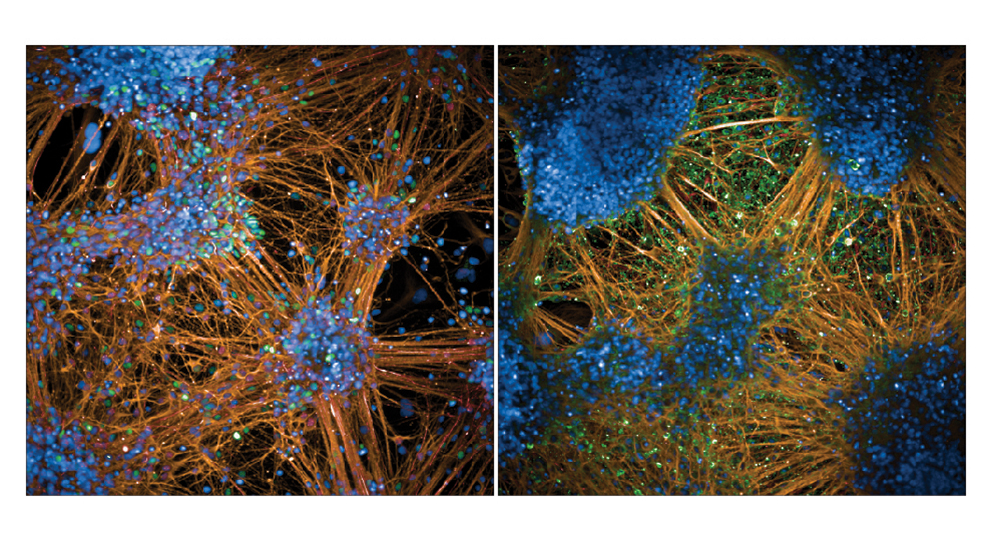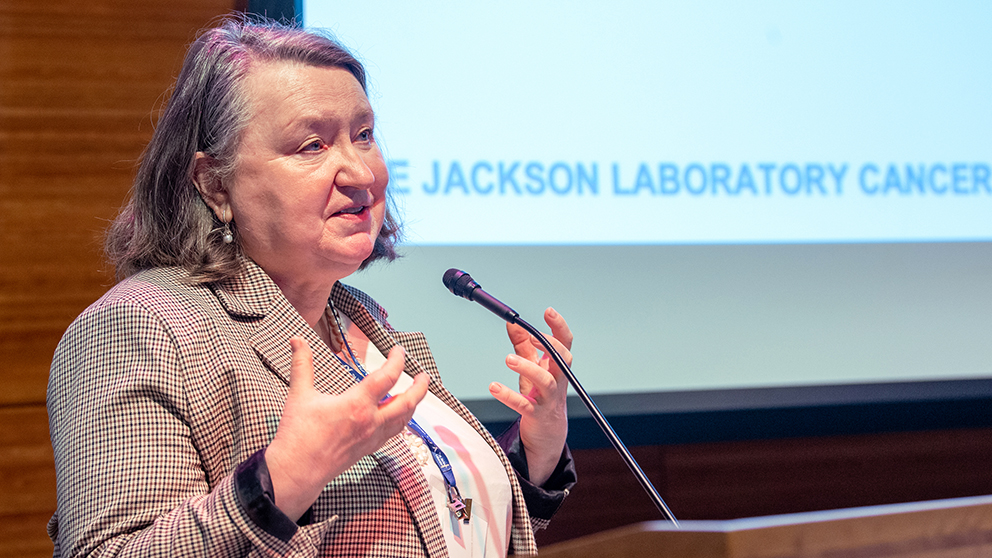The Wang Lab
The Wang Laboratory at The Jackson Laboratory for Genomic Medicine is interested in understanding gene regulatory mechanisms that regulate leukemia survival, differentiation and therapy response.
Overcoming Drug Resistance in Hematologic Malignancies
Drug resistance continues to be the main limiting factor to achieving cures in cancer patients. The Wang laboratory is interested in investigating both genetic and non-genetic mechanisms of therapy resistance in hematologic malignancies. Here we apply a broad range of genetic tools including CRISPR-Cas9 genetic screens to identify drug-gene interactions and multi-modal single-cell technologies to reveal cell intrinsic and extrinsic (i.e., immune microenvironment) mechanisms of resistance. Overall, these studies will provide a blueprint for clinically relevant biomarkers and developing new therapeutic strategies to overcome drug resistance in cancer.
Uncovering Genetic Dependencies in Myeloid Neoplasms
Acute myeloid leukemia (AML) is an aggressive hematological malignancy that accounts for 80% of acute leukemia cases in adults. Despite recent therapeutic advances, AML is still marked by a dismal prognosis. Our laboratory is interested in identifying new therapeutic targets for AML. Here we develop and apply CRISPR platforms to understand gene regulatory networks that govern leukemia survival and differentiation. Moreover, we are interested in applying CRISPR screening approaches to identify novel synthetic lethal interactions to tumor suppressor mutations found in hematologic malignancies.
Role of RNA binding Proteins in Leukemia
Considering the importance of RNA splicing in gene regulation, cancer cells can exploit alternative splicing through various mechanisms (i.e., RNA splicing, polyadenylation) to promote tumor growth. Our laboratory has previously identified several RNA-binding proteins (RBPs) that are critical for leukemia growth, differentiation, and modulate drug response. Therefore, a primary focus of the laboratory is to advance our understanding of RNA biology in cancer biology. Here we will use state-of-the-art technologies to functionally interrogate splicing-associated mechanisms in hematologic neoplasms.







